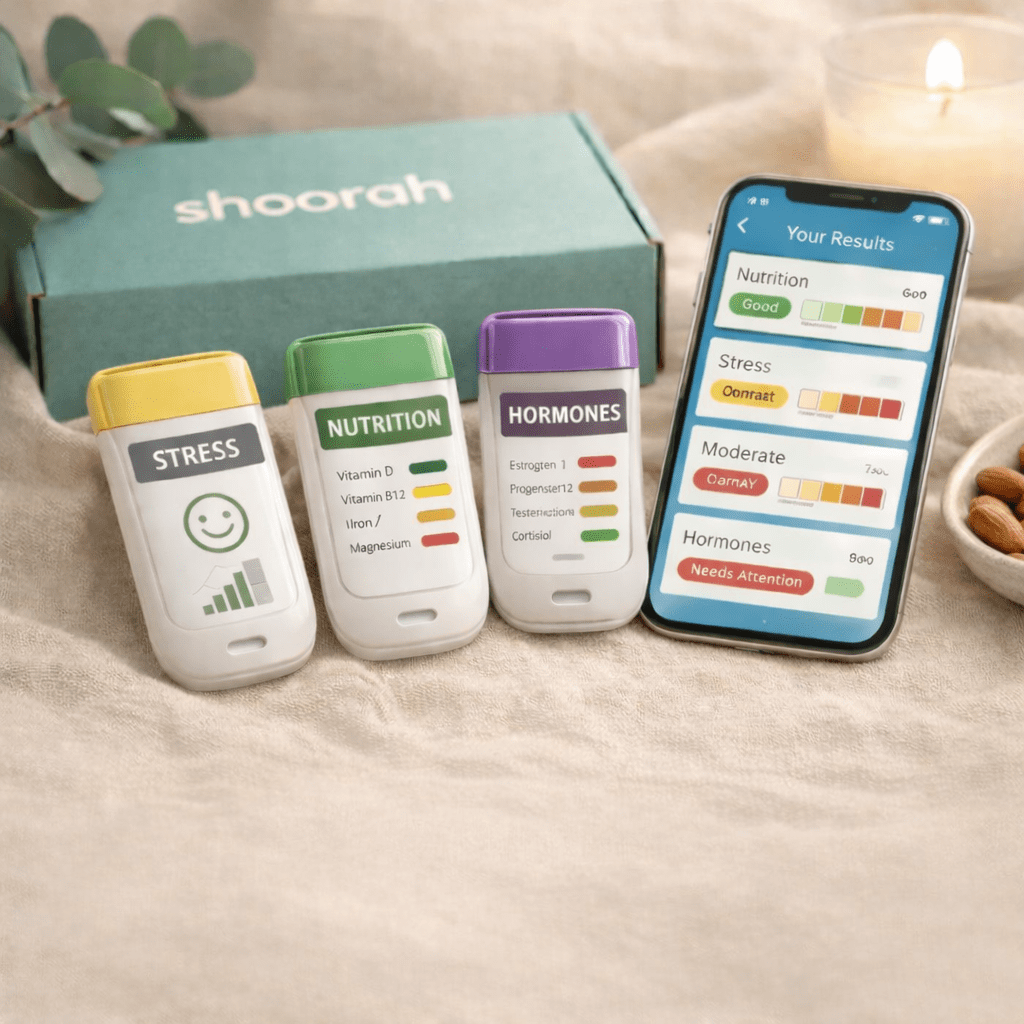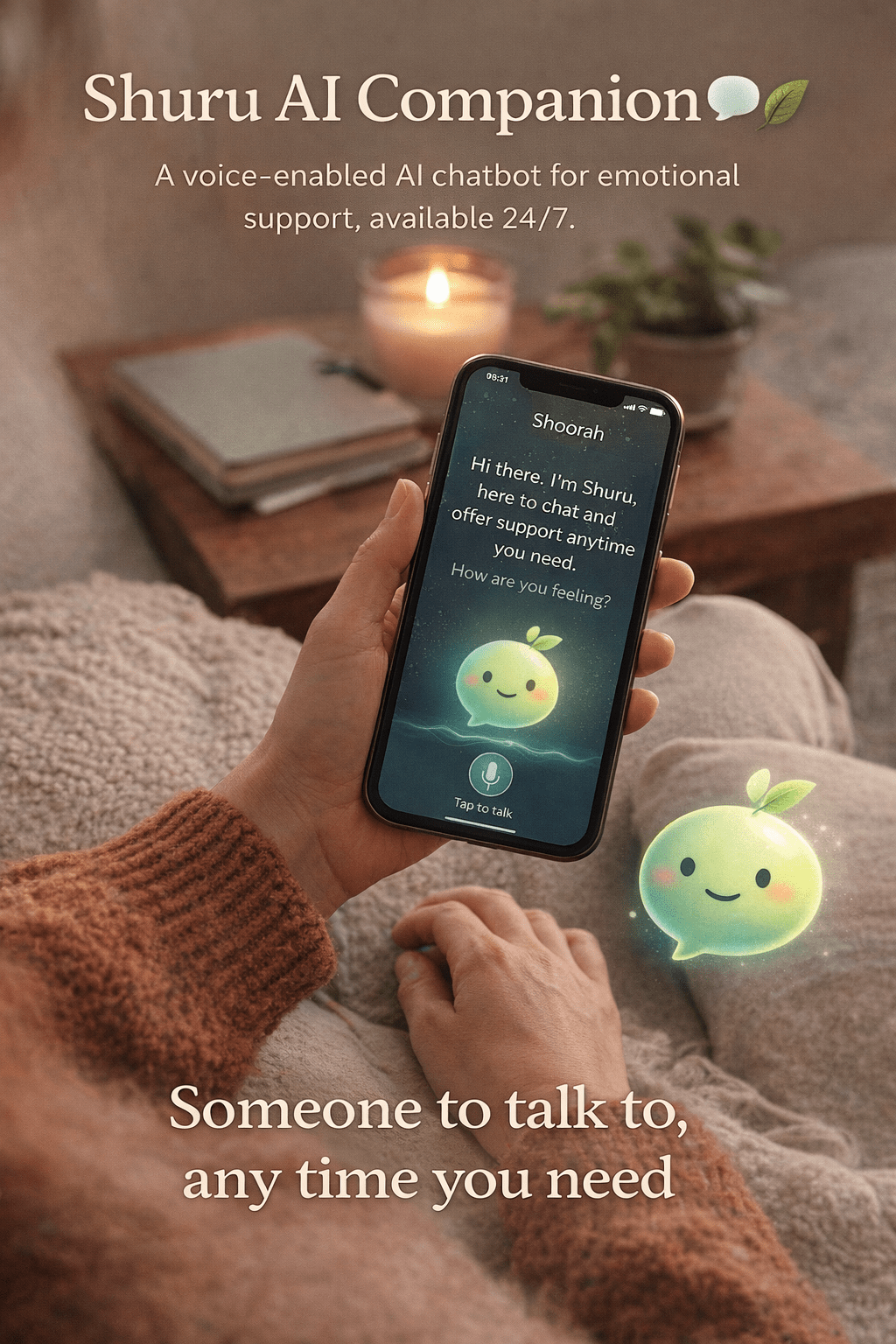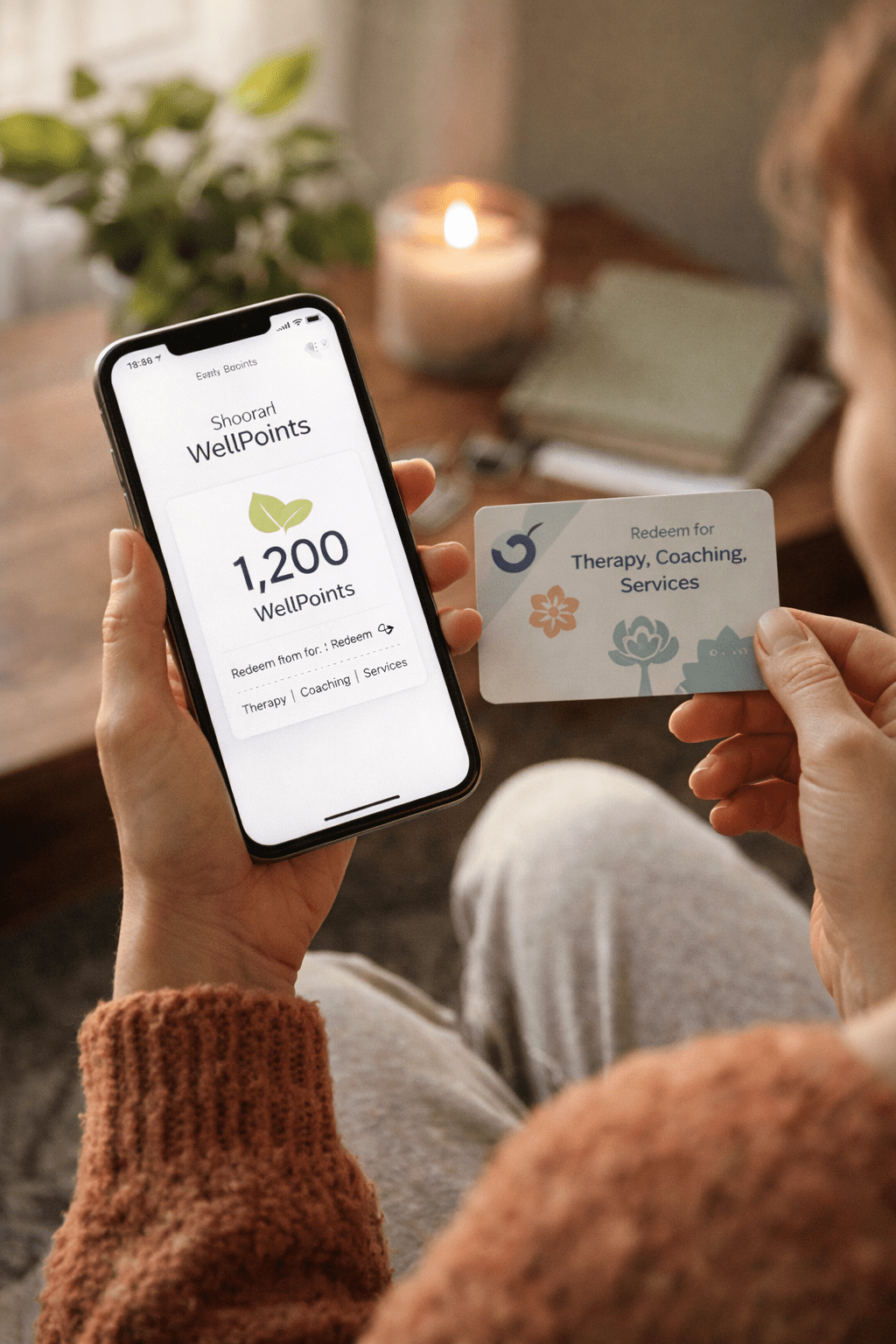Interactive Mental Health Games: Learning Through Play
Children learn best when they’re having fun, and this is the core philosophy behind Shoorah Kids’ interactive mental health games. These engaging activities not only entertain but also serve as vital tools for teaching kids about emotions and how to navigate them. Through play, children can explore complex feelings, build resilience, and develop coping mechanisms in a way that feels natural and enjoyable.
How Interactive Games Teach Emotional Awareness
At the heart of Shoorah Kids’ platform are games designed to make children more aware of their emotions. For instance, the app features activities that allow kids to identify and express different emotions through visual cues and playful challenges. These games create a safe space for young users to recognize feelings like happiness, sadness, frustration, or excitement, helping them articulate and manage their emotions better. Understanding emotions at a young age sets the stage for a healthy emotional life and enhances children’s ability to handle stress or anxiety as they grow.
The Benefits of Gamifying Mental Health
Turning mental health into a game can have a profound impact. Shoorah Kids’ gamified approach not only boosts engagement but also solidifies learning through repetition and rewards. Children are more likely to revisit lessons learned when they come packaged in an enjoyable format, leading to a deeper understanding of well-being concepts. Gamification also helps in normalizing conversations around mental health, making it less intimidating for kids to talk about their feelings. With features like affirmation games, children can absorb positive thinking patterns as they play, reinforcing a growth mindset from an early age.
Turning learning into a game makes the experience less intimidating and more accessible for young minds. Gamification holds several benefits:
- Engagement: Children are naturally drawn to games, which makes learning feel like playtime instead of a lesson.
- Retention: Gamified experiences tend to stick; kids are more likely to remember lessons learned through interactive play.
- Safe Exploration: Kids can navigate challenging emotional scenarios within the safety of a game, giving them room to experiment with coping strategies without real-world consequences.
- Positive Reinforcement: Many of Shoorah Kids’ games incorporate rewards and progress tracking, motivating children to continue engaging and learning.
Shoorah Kids’ Guided Pathway to Well-being
One standout feature is how Shoorah Kids seamlessly integrates interactive games into everyday routines. The app offers a guided, age-appropriate pathway, allowing children to engage in mindfulness exercises, daily challenges, and mental well-being checks as part of their playtime. By making mental health a regular and anticipated part of the day, Shoorah Kids encourages children to view these practices as essential habits, much like brushing their teeth or doing their homework.
Creating an Empowered Future Generation
By incorporating playful elements into mental health education, Shoorah Kids aims to empower the next generation with the tools they need to manage their emotional landscape. Parents and guardians can rest assured knowing that the app is providing children with age-specific, expert-backed content designed to make a meaningful impact on their emotional well-being. The interactive games aren’t just about fun—they’re a blueprint for creating emotionally intelligent, confident, and resilient individuals, ready to face life’s challenges with a smile.
For more on Shoorah Kids’ mission and unique features, you can explore their website and see how they are transforming mental health for young minds.



